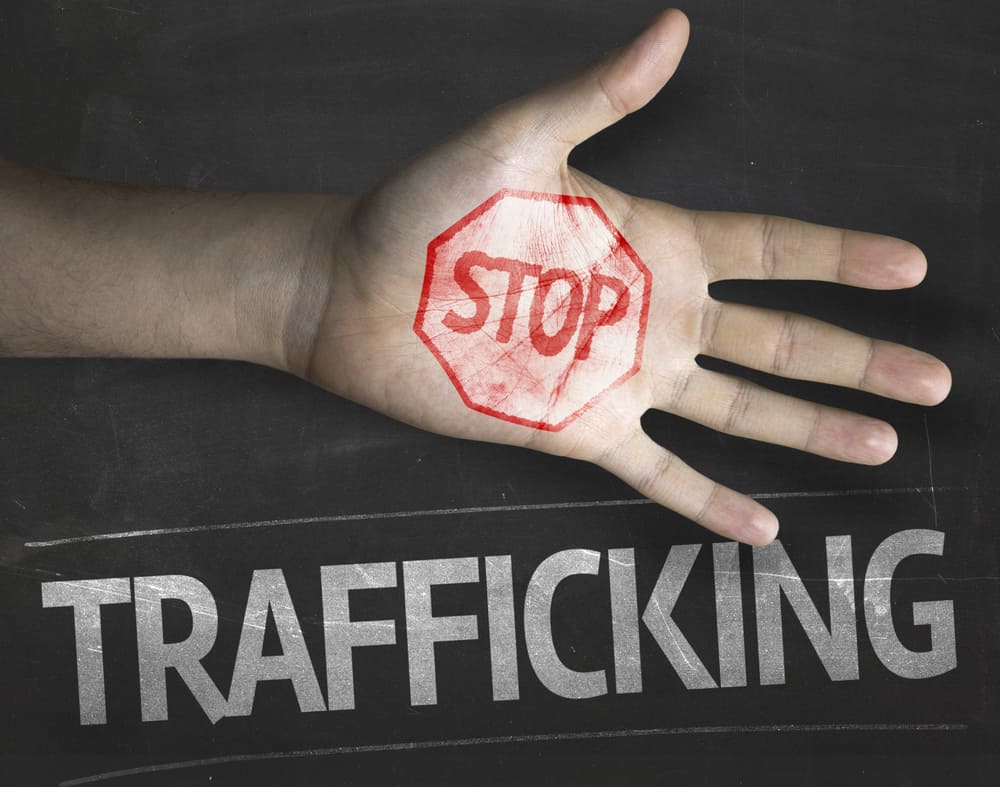
Human Trafficking: How Texas Fights Back
Texas is taking big steps to crack down on human trafficking across the state. A large number of people are trafficked through Texas and law enforcement works constantly to fight this trend.
Texas laws on trafficking are extremely harsh. A single violation of this type can lead to years in prison and the possibility of federal prosecution. The state government joins with law enforcement to locate, apprehend and prosecute traffickers to the fullest extent of the law.
Putting A Stop To Human Trafficking in Texas
Texas is taking big steps to crack down on human trafficking across the state. A large number of people are trafficked through Texas and law enforcement works constantly to fight this trend.
Texas laws on trafficking are extremely harsh. A single violation of this type can lead to years in prison and the possibility of federal prosecution. The state government joins with law enforcement to locate, apprehend and prosecute traffickers to the fullest extent of the law.
Defining the Crime
Trafficking is the act of transporting human beings from one place to another, usually in secret, for the purposes of payment or illegal activities. The victims of the crime may or may not give consent to the act but this does not change the illegality of the offense.
In Texas, many people are trafficked to and from the state by way of illegal immigration from Mexico. Trafficking may also occur for the purposes of prostitution or forced labor.
Because Texas is located along the Mexican border, the state has become a hot spot for trafficking crimes. It is estimated that 25% of trafficked persons in the United States are in Texas. This upward trend has caused the state to toughen its stance on the offense.
Texas Trafficking Laws
According to Section 20A.02 of the Texas Penal Code, trafficking of persons is defined as a crime. For the purposes of the law, to “traffic” a person is to transport, entice, coerce or recruit a person by any means.
This action becomes a crime if:
- A person is being trafficked for the purpose of forced labor or services
- A person is being trafficked for the purpose of prostitution or any sexual activity involving children
- A person receives payment or benefits as the result of such an operation
Engaging in any of these actions is a felony crime in Texas that can be met with severe legal consequences.
Legal Examples
It’s important to note that trafficking in Texas is different from illegal immigration, though they are sometimes related.
In order for a trafficking offense to occur, people must be transported for the purpose of some type of forced or illegal service. If people cross a border illegally but willingly for the purpose of finding voluntary employment, trafficking is not necessarily involved.
However, a person who is paid for allowing traffickers to smuggle people across a border for forced labor can be tried and prosecuted, just as the traffickers themselves can be charged.
What Texas Is Doing
In recent years, Texas has taken additional steps to fight back against human trafficking. For example, the state passed a law requiring all new law enforcement officers to participate in specialized training to help them detect and stop trafficking crimes.
Many independent organizations have been created throughout the state to educate the public on trafficking. Community outreach programs and assistance for trafficking victims are common in these organizations.
Legal Penalties
In Texas, a single count of human trafficking is a felony of the second degree. This is punishable by:
- Two to 20 years in state prison
- A fine of up to $10,000
This would be the penalty for a standard count of trafficking. For example, a person who smuggled people for the purpose of forced manual labor might receive this charge. However, the charge can be upgraded and the penalty can be enhanced if certain actions are committed.
For example, it’s a first degree felony to traffic a person for:
- Prostitution
- Forced labor by a child
- Sexual activity involving minors
In Texas, a first degree felony is punishable by:
- Five to 99 years or life in prison
- A fine of up to $10,000
Human trafficking is a big problem for Texas. A surge in illegal immigration and trafficking have been heavily covered by the media. As more and more people get involved with this issue, it is likely that law enforcement will continue to develop new anti-trafficking strategies while independent groups increase their educational efforts.
